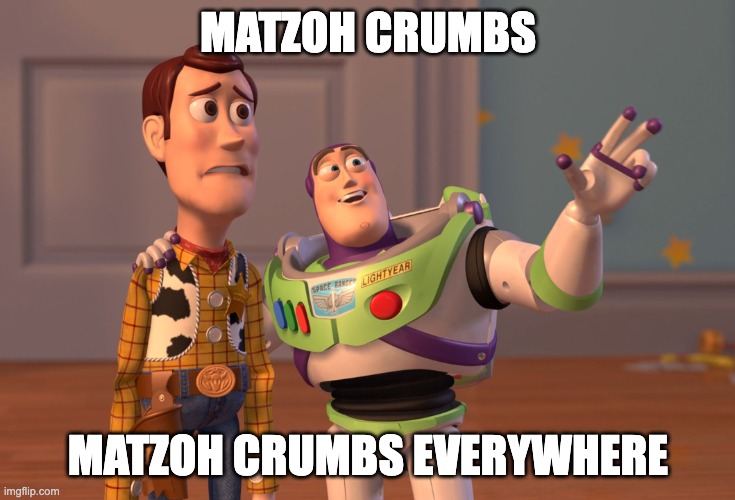Slowly and steadily, dear readers, our beloved swamp of workers’ compensation is moving into the future.
Your humble blogger applauded the use of telephone conference lines to conduct status conferences and mandatory settlement conferences in response to the COVID19 pandemic, but long bemoaned the bow ties and suits that sat unused in their various owner’s drawers where once they brought grace, dignity, and a slight hit of Mad Men to the WCAB. Well, no longer (or, almost no longer).
As of March 1, 2025, the status conference and MSC calendars will transition to CourtCall video platform. The same is true of Priority Conferences and Lien Conferences. That’s right, dear readers, suits, bow ties, shirts – we’re all going to dress like real lawyers again. Depending on the angle of your camera, pants might be optional. The WCAB was sadly silent about whether cat face filer will be allowed…
From the looks of things, though, the walkthrough calendar is NOT returning to remote appearance, which may have the unintended (or possibly intended?) effect of discouraging walkthroughs.
In the meantime, that’s not the only change. AB-2337 took effect January 1, 2025 (I know, I know, dear readers, this should have been covered in my 1/1/25 post, but no one wants too much of a good thing) as well, which means that the chronic degradation of the quality of settlement paperwork due to printing, signing, and re-scanning will hopefully be done for too. AB-2337 specifically allows for electronic signatures on all filings with the WCAB “subject to restrictions or requirements that may be adopted by the administrative director or the Workers’ Compensation Appeals Board.” Hopefully we can look forward to more legislative and regulatory assistance to help us make this practice nimble and efficient.
How, your humble blogger is a dreamer at heart, a poet in his soul, and a warrior in his fantastical imagination. So what can technology do to make workers’ comp practice better?
For one thing, perhaps we can retrofit the various WCAB Boards to make it more convenient for WCJs to conduct trials remotely. Presently, several board rooms are completely ill-equipped for this, requiring the trial judge to move to the hearing room in the building set up for remote trials. Upgrades of this sort would make remote trials more feasible and will eliminate the travel costs involved.
This isn’t only for the benefit of applicants, mind you – how many times have you encountered difficulty in your cases when the non-employee witness doesn’t want to undertake the travel to get down to the Board? As always, the party offering the witness should bear the burden of making sure that witness is technologically set up. I would not object to never again having to drive 3 hours just to be told that there’s no court reporter available and now we have to reschedule, just to drive another 3 hours back.
Your humble blogger would also like a requirement that QMEs and AMEs must make themselves available for telephone or video deposition. The suggestion that parties must incur the cost of travel to ask the QME 15 minutes of questions is absurd, especially when electronic depositions are not some “new fangled do whacky that all the kids learned about on the interwebs”.
What do you think, dear readers? Is there some new app that can make all the workers’ compensation headaches go away? Straight on till Friday, dear readers!




